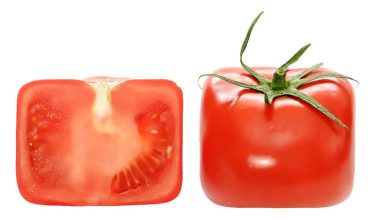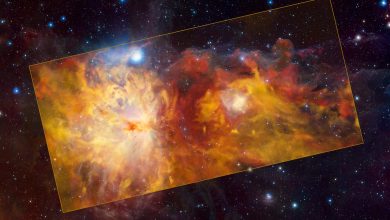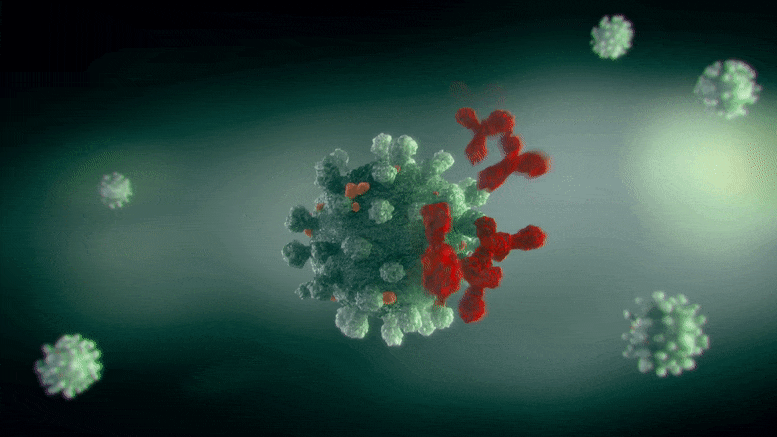Latest Articles
-
Jan- 2022 -5 JanuaryCOVID-19

Repurposing a Familiar Drug for COVID-19 – May Cut Severe Infection & Reduce Risk of Dying
Disulfiram, a treatment for alcoholism, may cut severe SARS-CoV-2 infection, reduce likelihood of dying from COVID-19. As the COVID-19 pandemic continues, there’s a need for new and better treatments for people infected with SARS-CoV-2 who develop COVID-19 In a new study, a well-known and widely available drug called disulfiram, used to treat alcoholism, shows potential as a treatment for COVID-19 In the retrospective analysis, veterans taking the drug for alcoholism were less likely to be infected with SARS-CoV-2 and less likely to die from COVID-19 The researchers hope their study will generate support for phase 3 clinical trials testing the…
Read More » -
5 JanuaryScience

Exploring Growth Within a Confined Space: Embedding Bacteria in Soft Material Tests Theories
Researchers have developed a theoretical framework to explain the mechanics of how growing bodies respond to confinement. Credit: moonimage/Flickr Grow a tomato inside a square box, and you’ll end up with a square tomato. It’s an experiment that shows clearly how confinement can influence a body’s evolving shape. Now, MIT and Yale University researchers have developed a theoretical framework to explain the mechanics of how growing bodies respond to confinement. To test their theory, a research team led by Tal Cohen, MIT associate professor of civil and environmental engineering and of mechanical engineering, grew cholera bacteria inside a soft gel,…
Read More » -
5 JanuaryAstronomy

Orion’s Fireplace: Incredible New Image of the Flame Nebula
Lead Image: Do not let the image and the name of the depicted cosmic object fool you! What you see in this picture is not a wildfire, but the Flame Nebula and its surroundings captured in radio waves. The Flame Nebula is the large feature on the left half of the central, yellow rectangle. The smaller feature on the right is the reflection nebula NGC 2023. To the top right of NGC 2023, the iconic Horsehead Nebula seems to emerge heroically from the “flames.” The three objects are part of the Orion cloud, a giant gas structure located between 1300…
Read More » -
5 JanuaryCardiology

Walking Is Good, but Moderate-Vigorous Exercise Boosts Fitness 3x More
With help from 2,000 Framingham Heart Study participants, BU researchers studied how much being sedentary, walking, and routine exercise impacts fitness. Exercise is healthy. That is common knowledge. But just how rigorous should that exercise be in order to really impact a person’s fitness level? And, if you sit all day at a desk, but still manage to get out and exercise, does that negate your six, seven, or eight hours of sedentary behavior? These were the sort of questions Matthew Nayor and his team at Boston University School of Medicine set out to answer in the largest study to…
Read More » -
3 JanuaryScience

Distortion: Scientists Discover New Strategy for Antibodies To Disable Viruses
It is widely understood that antibodies neutralize viruses by latching onto their surfaces and blocking them from infecting host cells. But new research reveals that this barrier method isn’t the only way that antibodies disable viruses. An international team of researchers led by Penn State has discovered that antibodies also distort viruses, thereby preventing them from properly attaching to and entering cells. “Everybody thinks of antibodies as binding to viruses and blocking them from entering cells — essentially locking them down,” said Ganesh Anand, associate professor of chemistry at Penn State. “But our research reveals for the first time that…
Read More »










